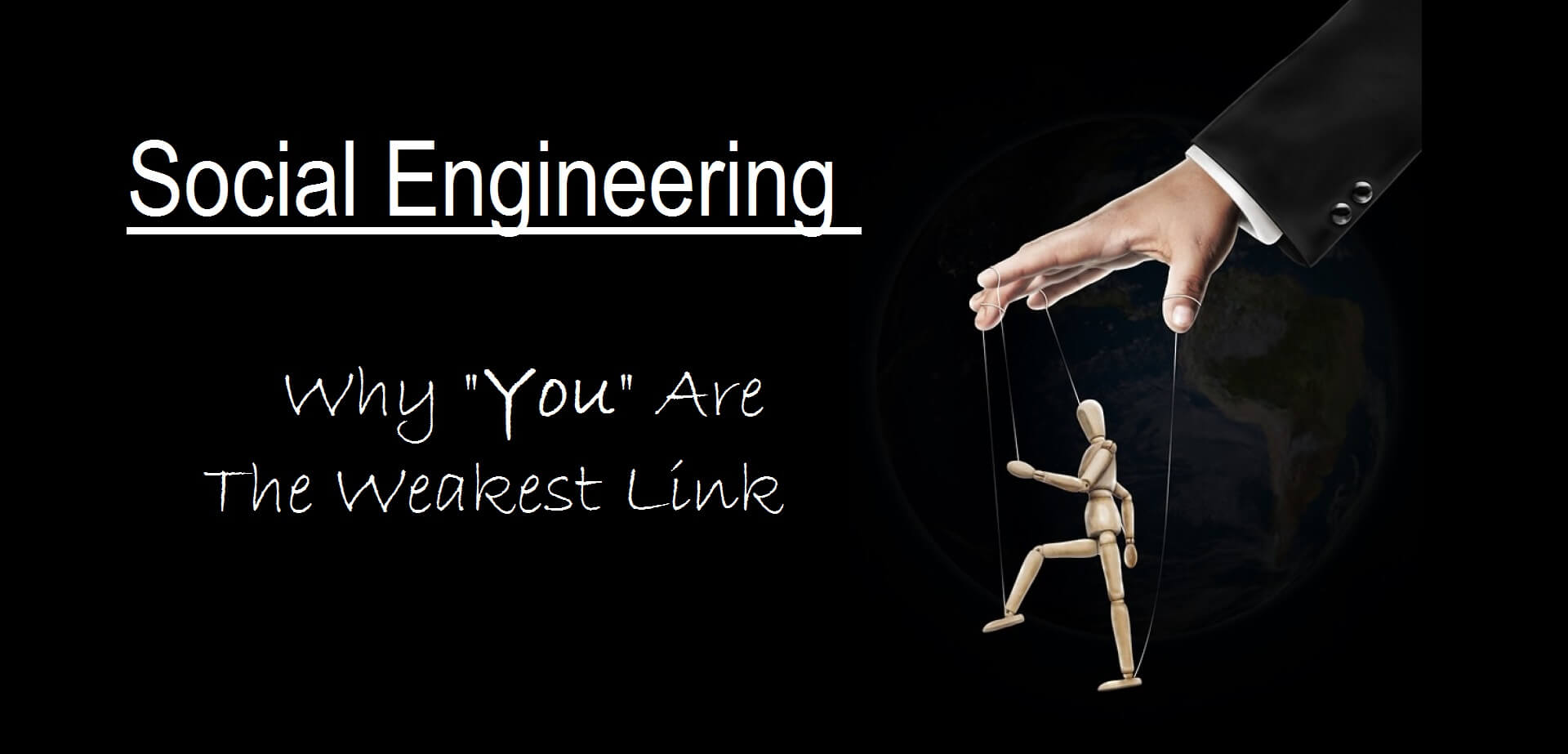Have you heard of social engineering hacks? Do you know what consequences these can have for your business? Do you know how to prevent it?
When we talk about social engineering, really we talk about persuasion, the ability to rely on the goodwill and the carelessness of the victim.
What’s your objective?
Information: passwords, bank accounts, or any private information that might be of interest. Sometimes this information is used to perform other more sophisticated attacks and on other occasions sold to the highest bidder.
How do they do Social Engineering Hacks?
Usually impersonating a responsible person or known company, to gain the trust of victims. The media that is used to persuade often vary. It can be a site visit or a phone call, here’s one of the case:
But also they use email, social networks or even SMS. Usually quite common when we surf the web pages and some sort of pop-up as alleged legitimate requests start of the session or even alert us to do something to click on a link.
How to protect my business against these Social Engineering Hacks?
To protect yourself from these; techniques, training, and awareness is a key to distinguish these types of messages piece.
The example of a marketing and design of posters, which undergoes a social engineering attack shown in the following video.
This SME entrepreneur explains how cyber criminals, email impersonating the identity of its external maintenance, manage to gain the credentials of your accounting program. This had serious economic consequences for small business.
What do you think? Have you taken note of the measures taken to tackle the problem? And the most important thing is to make sure it does not happen again?
His vision has been strategic, with the adoption of a Security Master Plan, which goes far beyond a mere internal plan of awareness and training, but will undoubtedly be much more effective in protecting their main asset: the information.
Some good practices to raise awareness and train personnel safety, some specific measures for this type of social engineering attacks:
- Do not open emails from unknown users or you have not requested: delete them directly.
- Don’t answer in the case of any suspicious messages.
- Be cautious when following links in emails, SMS, Whatsapp messaging or social networks, whether known or unknown contacts.
- Be cautious when downloading attachments from emails, SMS, Whatsapp messaging or social networks.
- Always have updated operating system and antivirus. In the case of antivirus keep it active.
- Security Check the Web page where you enter personal data. They must use safety certificate and use the HTTPS protocol.
- Check the security of public wireless networks that you connect. If in doubt, do not share confidential information or enter user credentials or passwords that can be stolen.
- Type the URL manually, rather than using the links of suspicious messages.
But let us insist you if you have not heard: The main way to protect yourself from social engineering hacks is awareness and training! Protect your company!
Your Thoughts
Was this information useful? Please express your views on this subject in the comments section below. We love feedback!


